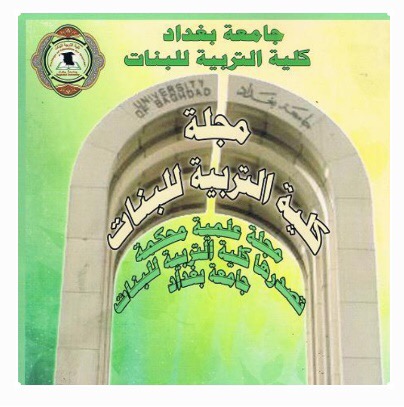ﺗﺎرﯾﺦ اﻷﺣزاب اﻟﺳﯾﺎﺳﯾﺔ ﻓﻲ ﻧﺎﻣﯾﺑﯾﺎ ﺣﺗﻰ اﻻﺳﺗﻘﻼل
Abstract
wealth which has, as well as the factors which entered the national consciousness of thousands of the continent 2. has not been possible to continue the national resistance in Namibia means spontaneous first and in light of the factors of national awareness of the new has taken sweeping the continent during the interwar period in the thirties and forties of the last century, marked by the return of a lot of educated Africans who have received their education in the countries of Western Europe, where traders who looktoa life of freedomenjoyed bythe people ofWaldo.. As well as awareness of labor represented by the working class and the work of strikes and mass anti-exploitation, which was subjected to factor in the region in wages and lack of guarantees of health and social, has played its role is clear in the pressure on the colonial authorities after being takenlaterpolitical dimensionsandclear. 3. Has become my organization (Suaneo) and (SWAPO) of the leading political organizations formed inNamibia at the end of the fifties of the last century, where led the struggle of the peopleof Namibia during that period. Expanded the Organization (SWAPO) system of the United States, a so-called war by proxy. Department of backing against aid was received by South Africa's apartheid struggle the national inside and outside the country, through the rules created in Angola taking advantage of the support of the socialist camp have led the former Soviet Union during that period, bythe Republic of Cuba, which has beenproviding supportand Thus, the struggle of the people of Namibia reverse a clear picture of pictures of the cold war that existedbetweenthe two superpowersduring thatera. 4.And finally, it has succeeded Organization (SWAPO) in to be the sole legitimate representative of the struggle of the people of Namibia in the delivery of his voice to the international community in various organizations, regional and international, through conferences in a number of Arab capitals and African such as conferences in Casablanca and Cairo in order to support the struggle of the Namibian people to independence, and ending with the Organization of the United Nations until succeeded the Organization (SWAPO) in pushing international community to pressure the South African regimeandled himto recognize the independence of Namibiaon 21/March/ 1990.

Published
Issue
Section
License
![]()
All articles published in Journal of College of Education for Women are licensed under a Creative Commons Attribution 4.0 International License.










